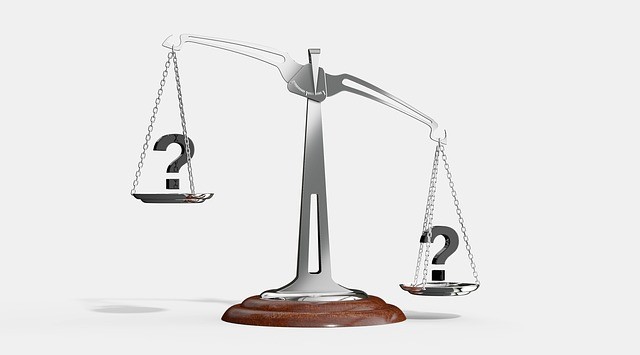
In every person, there is a complicated mixture of competing wants. We crave short-term pleasures, but we also want deeper, longer-lasting satisfaction. We like instant gratification, but we also want the rewards of delayed gratification, hard work, and patience. Here are some of the competing wants that I wrestle with:
- I want to sleep in, but I also want to have time for my daily self-care routine.
- I want to watch YouTube videos, but I also want to feel the satisfaction of having done an hour of writing.
- I want to eat chocolate, but I also want to feel proud of myself for avoiding sugar.
When I’m wrestling with my competing wants, I sometimes pause and ask myself, “What do I want more?” This question often helps me resolve the conflict by making it clear what my real priority should be.
The most common conflict among my competing wants is between the short-term and the long-term. It’s usually the case that my short-term wants are more compelling, but my long-term wants are more important. If I ask myself, “What do I want more?” the honest answer is almost always the long-term desire. One challenge is not allowing myself to be fooled into thinking that my unimportant, short-term desires are actually important just because they create a sense of urgency. As Stephen Covey famously pointed out, urgent and important are not the same thing.1 The other challenge is not letting my desire for immediate rewards blind me to the long-term rewards that are truly important to me.
“Discipline is choosing between what you want now and what you want most.” –Unknown
The other conflict that arises, often in parallel with the short-term vs. long-term, is between my shallow wants and my deeper wants. Here, the shallow wants are more compelling because they’re easier to get. The fun of watching a movie is easier to get than the satisfaction of climbing a mountain. Going out to eat is easier than making a big batch of curry for the week. Listening to self-development audiobooks while doing a jigsaw puzzle is easier than writing a book myself. But if I actually ask myself, “What do I want more?” I’ll almost always choose the deeper, more difficult-to-attain desire.
Whether or not we do our future selves favors largely depends on which set of wants we allow to drive our behavior. When we procrastinate, it’s often because we’re prioritizing the shallow or the short-term over the deep and long-term.
And sometimes we have to choose a path that’s acutely painful in the short-run – such as getting sober or getting a divorce – in order to get what we truly want in the long-run. Remember that taking the more difficult path is easier if we do so with 100% commitment. If you’re sure that the more difficult option is really what you want more, make a firm and final decision.
So, whenever you find yourself torn between two choices or tempted to procrastinate, take a moment to ask yourself, “What do I want more?”
1 Covey, Stephen R. The 7 Habits of Highly Effective People: Powerful Lessons in Personal Change. Fireside, 1990.
